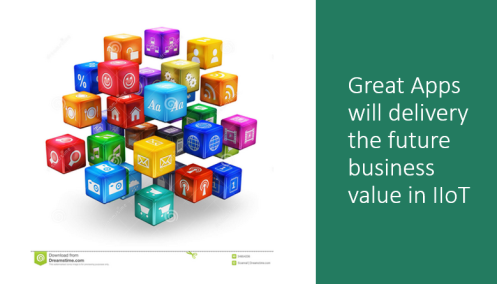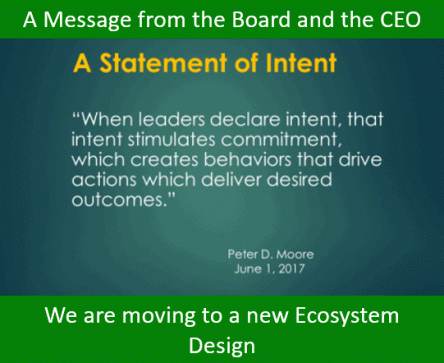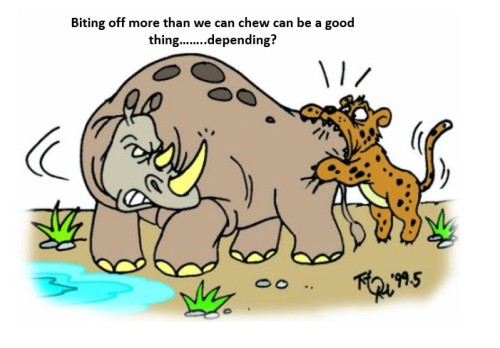 Ecosystems in our business thinking have suddenly become of age, they can enable cross-cutting innovation to be delivered in highly collaborative and dynamic ways. Understanding the value of working within an ecosystem is becoming critical to understand.
Ecosystems in our business thinking have suddenly become of age, they can enable cross-cutting innovation to be delivered in highly collaborative and dynamic ways. Understanding the value of working within an ecosystem is becoming critical to understand.
Ecosystems can offer, through collaborating on a shared platform, closer relationship with cross-industry partners and more importantly, the final customer.
Sharing, exchanging and deepening the understanding of different needs and experience through increased collaboration, and engagement opens up innovation to a whole new dimension of more radical innovation. We are seeing a shift in innovation cooperation with this ecosystem design approach and we are all working through the implications of this from a process, structure, architecture and design point of view. It changes our internal perspectives and opens these up to a diverse external influx of knowledge and different understanding.
The more we are connecting and collaborating, seeking out joint opportunities for business, there is this realization that there lies a really powerful network effect for value-adding in participating in these ecosystems, for finding and sharing in new economic opportunity. This calls for some radical rethinking of the existing business and deciding the design of the future business.
 There are twin forces at work, feeding off each other and innovation can become the greater unifier. We are facing greater disruption and an increasing innovation and technology pace. These are constantly combining, relentlessly adding a new shape to our future. We are actually caught up in a very revolutionary period.
There are twin forces at work, feeding off each other and innovation can become the greater unifier. We are facing greater disruption and an increasing innovation and technology pace. These are constantly combining, relentlessly adding a new shape to our future. We are actually caught up in a very revolutionary period. The broad use of ‘open’ does seem to have very different interpretations, especially when it comes to platforms or cloud-ready architecture.
The broad use of ‘open’ does seem to have very different interpretations, especially when it comes to platforms or cloud-ready architecture.
 Technology is radically altering our need for innovation. We see increasingly innovation is feeding off the “digital response rate” and how we build and design the application software will transform IIoT as it has for our personal world (B2C), where we download apps on a daily basis to solve a problem or to improve our understanding.
Technology is radically altering our need for innovation. We see increasingly innovation is feeding off the “digital response rate” and how we build and design the application software will transform IIoT as it has for our personal world (B2C), where we download apps on a daily basis to solve a problem or to improve our understanding. Ecosystems have become a really hot topic. As we gain the understanding of what a dual strategy approach to what our business could look like, you need to recognize what you still need control of, those you call your core assets. Yet at the same time, to explore and expand out more today we need to build better external collaborative approaches.
Ecosystems have become a really hot topic. As we gain the understanding of what a dual strategy approach to what our business could look like, you need to recognize what you still need control of, those you call your core assets. Yet at the same time, to explore and expand out more today we need to build better external collaborative approaches. You certainly have to make choices in life in where you focus your energy, otherwise, it gets way to complicated. For me to learn about Ecosystems and Platforms I have chosen a “select” group of IIoT players or advisors in their field to concentrate upon. Increasingly the insights and leading knowledge seems to be less coming out of the Big Consulting firms but more from those actually operating in the Industrial world (IIoT players).
You certainly have to make choices in life in where you focus your energy, otherwise, it gets way to complicated. For me to learn about Ecosystems and Platforms I have chosen a “select” group of IIoT players or advisors in their field to concentrate upon. Increasingly the insights and leading knowledge seems to be less coming out of the Big Consulting firms but more from those actually operating in the Industrial world (IIoT players). I had mentioned in a related post on my other
I had mentioned in a related post on my other 
 In my opening post (
In my opening post (